Unlocking Performance: The Essential Role of Tire Bearings in Modern Vehicle Dynamics
In the realm of modern vehicle dynamics, the significance of tire bearings cannot be overstated. According to a recent report by the Automotive Engineering Society, approximately 15% of a vehicle's fuel efficiency is directly influenced by the performance of its tire bearings. These critical components not only facilitate smooth rotation and handling but also contribute fundamentally to safety and durability. As vehicles have become increasingly sophisticated, the demand for high-performance tire bearings has surged, leading to innovations in materials and designs that enhance overall vehicle dynamics. Industry insights reveal that the integration of advanced tire bearing technology has the potential to improve driving comfort by 25% while reducing rolling resistance, which is paramount for electric and hybrid vehicles aiming for optimal efficiency. Understanding the essential role of tire bearings is key to unlocking superior vehicle performance in today's competitive automotive landscape.
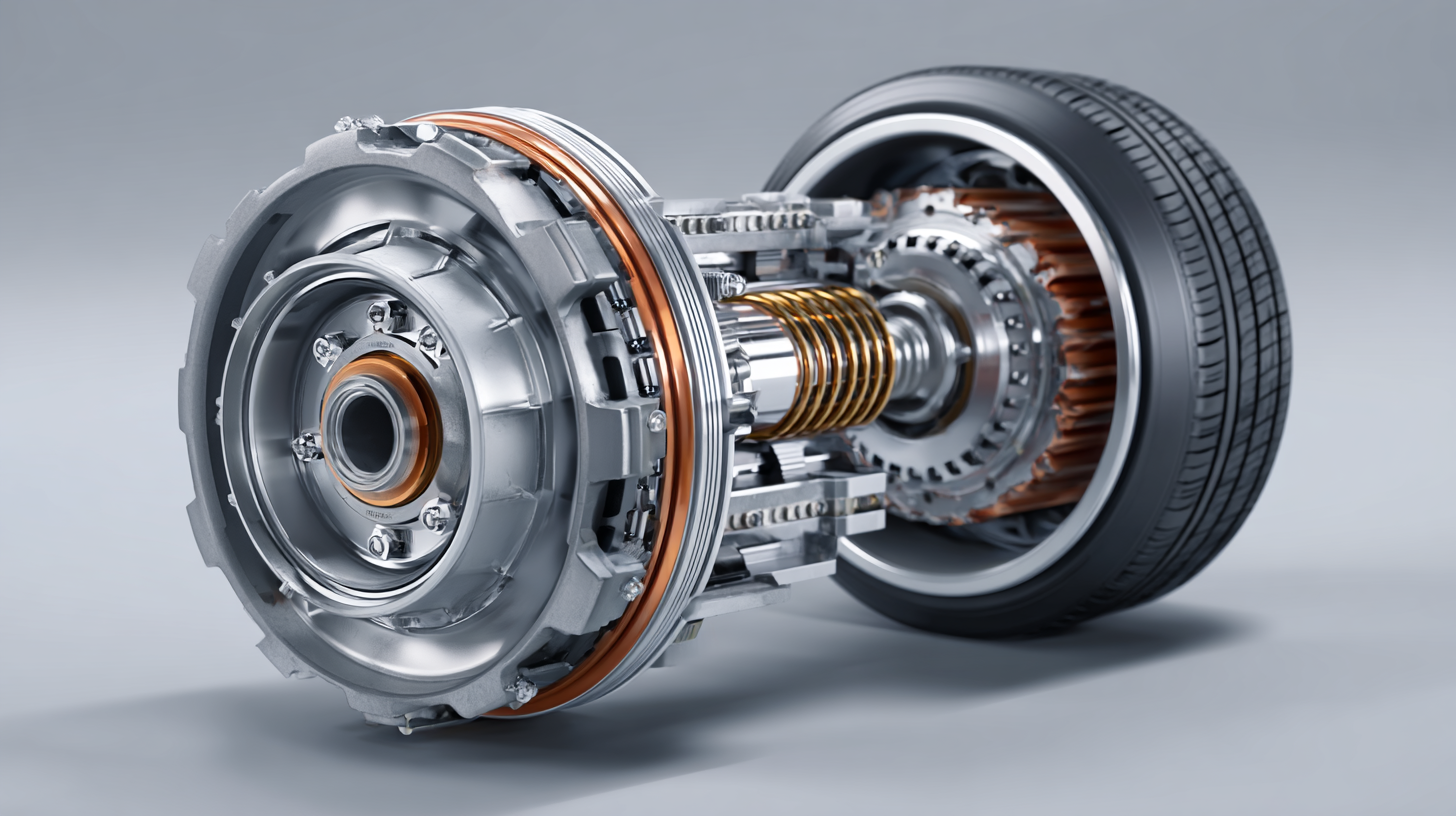
The Critical Function of Tire Bearings in Vehicle Performance Optimization
Tire bearings play a crucial role in the overall performance optimization of modern vehicles. These components are essential for minimizing friction between the wheel and the axle, thereby ensuring smoother rotation and enhancing fuel efficiency. According to a report by the American Bearing Manufacturers Association (ABMA), the proper functioning of tire bearings can improve fuel economy by as much as 2-3%. This seemingly minor improvement accumulates significantly over time, showcasing the impact that well-maintained or upgraded bearings can have on a vehicle's operational costs.
Moreover, optimized tire bearings contribute to better handling and stability, which are vital for vehicle dynamics. Research indicates that approximately 30% of a vehicle's handling characteristics can be attributed to the quality of its bearings. High-performance bearings can reduce vibrations and noise, offering a smoother ride for passengers while additionally improving driver control and safety. As automotive technologies advance, understanding the critical function of tire bearings becomes increasingly important for manufacturers and consumers aiming for enhanced vehicle performance.
How Tire Bearings Influence Modern Suspension Systems and Handling
Tire bearings play a crucial role in the dynamics of modern vehicles, particularly in their suspension systems and handling characteristics. According to a report by the Society of Automotive Engineers (SAE), approximately 20% of a vehicle's overall weight is supported by the tire bearing system. This weight distribution significantly influences ride quality, stability, and responsiveness. With advancements in materials and engineering, high-performance tire bearings reduce friction and wear, allowing for smoother transitions and better handling in various driving conditions.
When it comes to suspension systems, effective tire bearings directly impact how forces are transmitted between the tires and the chassis. Research indicates that upgraded bearings can enhance cornering capability by up to 15%, providing drivers with greater control when navigating turns. Moreover, optimized tire bearing designs can lead to improved longevity and lower maintenance costs, which are essential for vehicle performance over time.
Tip: Regularly check the condition of your tire bearings and consider upgrading to high-performance options to enhance your vehicle's handling capabilities.
Tip: Ensure proper alignment and balancing of your tires as it directly affects the load on the tire bearings, ultimately influencing overall vehicle dynamics.
Key Innovations in Tire Bearing Technology for Enhanced Driving Dynamics
The advancements in tire bearing technology have become pivotal in enhancing vehicle dynamics, contributing significantly to improved overall performance. According to a recent report by the Institute of Automotive Engineering, modern vehicles equipped with high-quality bearings can achieve a reduction in rolling resistance by up to 20%. This decrease directly correlates with better fuel efficiency and lower emissions, aligning with global environmental standards.
Innovations such as ceramic bearings and hybrid designs are reshaping how vehicles handle and respond on the road. For instance, research from the Society of Automotive Engineers highlights that these new materials not only improve durability but also reduce maintenance needs. The incorporation of smart sensors in tire bearings is another breakthrough, allowing real-time monitoring of tire health and performance, which aids in preempting issues that could compromise safety or efficiency. As the automotive industry continues to prioritize vehicle dynamics, the role of tire bearing technology remains central to achieving higher standards in driving performance and safety.
Unlocking Performance: The Essential Role of Tire Bearings in Modern Vehicle Dynamics
| Feature | Traditional Bearings | Innovative Bearings | Performance Improvement |
|---|---|---|---|
| Weight | Higher weight leading to fuel efficiency loss | Lightweight materials | Up to 15% weight reduction |
| Friction | Higher friction levels | Low-friction coatings | Reduced friction by 20% |
| Durability | Shorter lifespan, prone to wear | Enhanced materials | Lifetime increase by 30% |
| Noise | Higher noise levels while driving | Sound-dampening technology | Noise reduction by 40% |
| Heat Dissipation | Inefficient heat management | Advanced cooling designs | Temperature drop by 10°C |
Comparative Analysis: Traditional vs. Advanced Tire Bearing Materials
The choice of tire bearing materials plays a crucial role in the performance and dynamics of modern vehicles. Traditional materials, such as steel and cast iron, offer durability and strength but can be limited in weight efficiency and resistance to wear. Steel bearings, while strong and widely used, can lead to increased rolling resistance, which negatively impacts fuel efficiency and overall vehicle performance. Additionally, the inherent weight of these materials can burden the vehicle, reducing agility and responsiveness during dynamic driving conditions.
In contrast, advanced tire bearing materials, including polymer composites and lightweight alloys, are gaining popularity for their enhanced properties. These materials provide a significant reduction in weight, which not only improves fuel efficiency but also optimizes handling and ride quality. Moreover, innovative materials can exhibit superior resistance to corrosion and wear, increasing the longevity of tire bearings and reducing maintenance needs. The shift towards advanced materials signifies a pivotal evolution in vehicle dynamics, emphasizing the importance of material selection in achieving superior performance and reliability in modern automotive design.
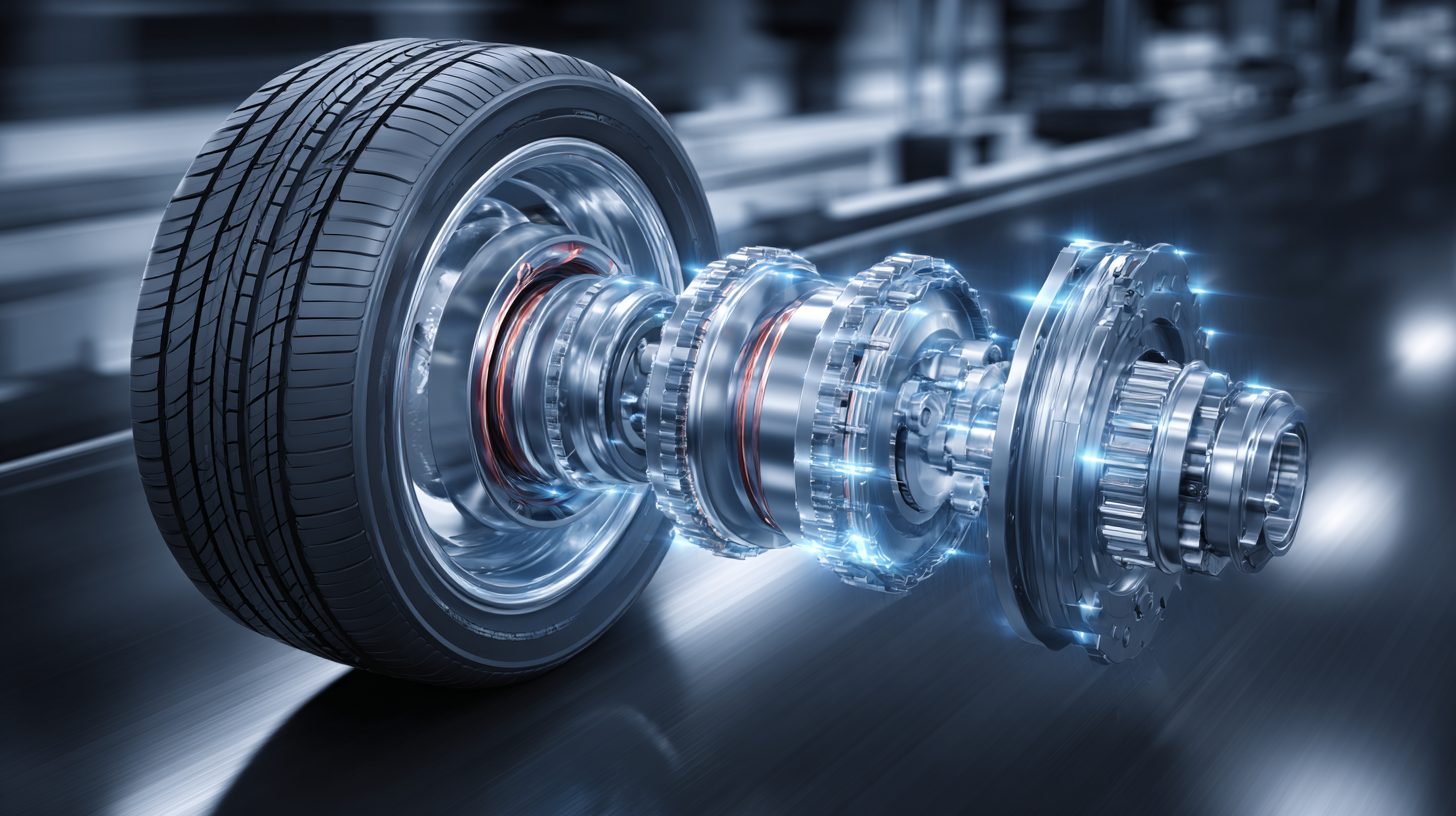
Future Trends: The Role of Smart Tire Bearings in Autonomous Vehicles
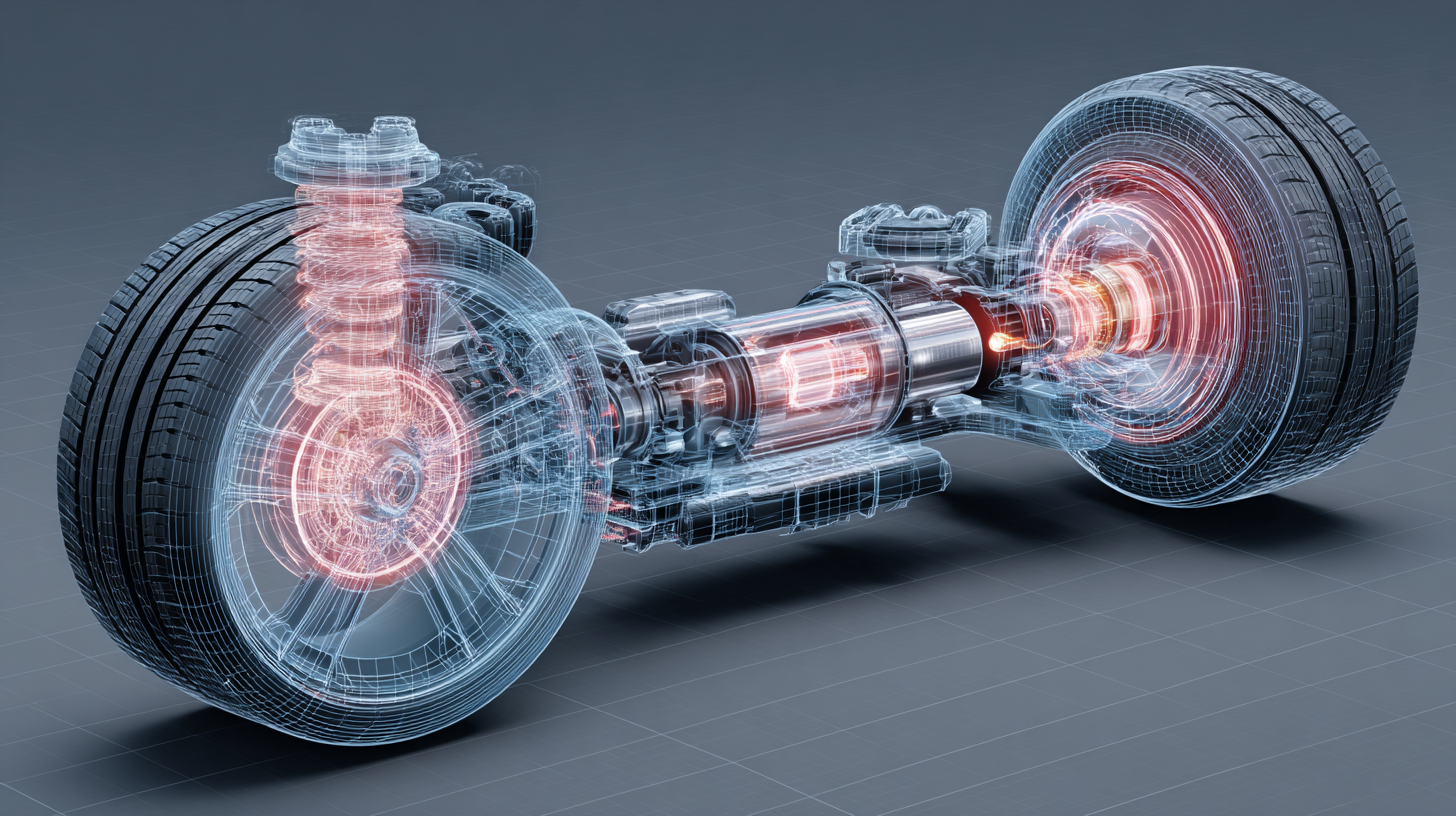 Smart tire bearings are at the forefront of exciting advancements in autonomous vehicle technology. As vehicles become increasingly reliant on complex systems for navigation and control, the integration of intelligent bearings offers significant benefits for performance and safety. These innovative components are equipped with sensors that monitor critical parameters such as temperature, load, and tire pressure in real time. By collecting and analyzing this data, smart tire bearings enable vehicles to adapt to varying road conditions and improve overall responsiveness.
Smart tire bearings are at the forefront of exciting advancements in autonomous vehicle technology. As vehicles become increasingly reliant on complex systems for navigation and control, the integration of intelligent bearings offers significant benefits for performance and safety. These innovative components are equipped with sensors that monitor critical parameters such as temperature, load, and tire pressure in real time. By collecting and analyzing this data, smart tire bearings enable vehicles to adapt to varying road conditions and improve overall responsiveness.
Moreover, the implementation of smart tire bearings can enhance communication between various vehicle systems. For instance, by linking tire performance data with the vehicle's control algorithms, these bearings can provide feedback that informs steering adjustments and braking efficiency. As a result, autonomous vehicles will not only achieve greater stability and handling but also experience reduced wear and tear, extending the lifespan of both tires and bearings. The shift towards smart tire bearings is a crucial step towards realizing a future where autonomous vehicles operate safely and effectively in an ever-evolving transportation landscape.
Related Posts
-
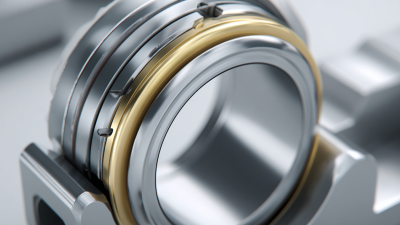
Understanding Groove Bearings: Essential Insights for Enhanced Mechanical Efficiency
-
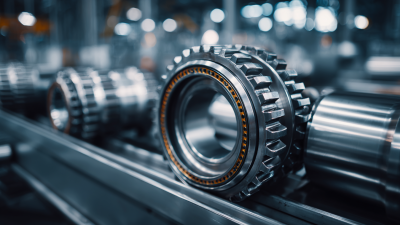
7 Essential Tips for Choosing the Right Rear Bearing for Your Production Needs
-
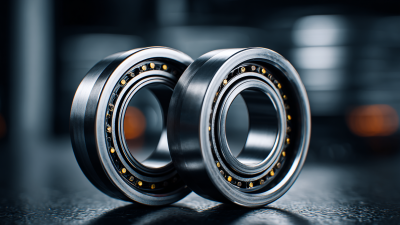
10 Facts About Real Bearing for Optimal Performance in Your Machinery
-
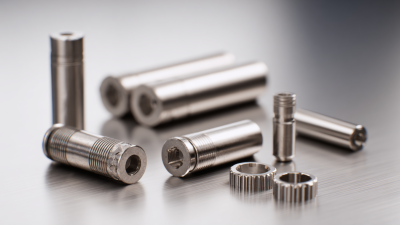
How to Choose the Right Needle Rollers for Your Mechanical Applications
-
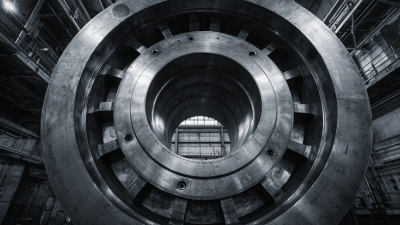
How to Choose the Right Pillar Bearing for Your Industrial Needs
-

How to Choose the Right Tyre Bearing for Your Vehicle Needs